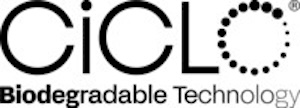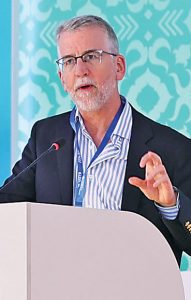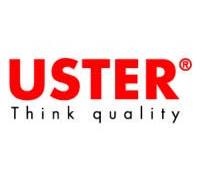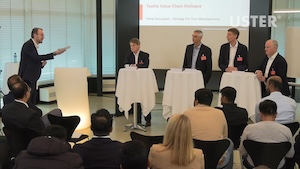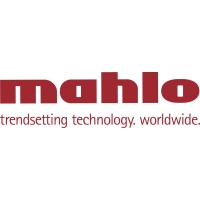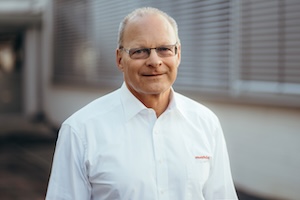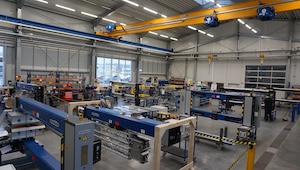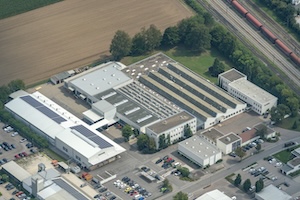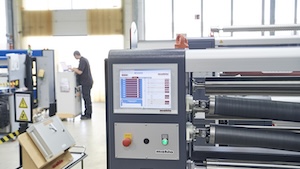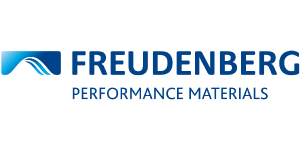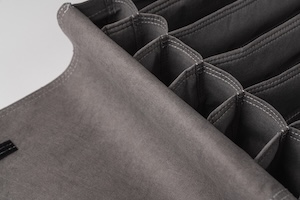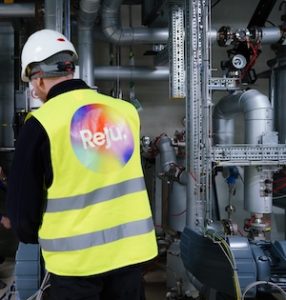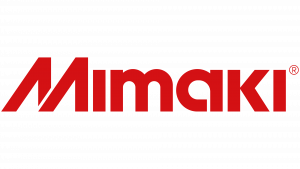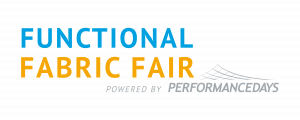 ATLANTA, GA — July18, 2025 — brrr°, a supplier of advanced cooling and comfort fabric technologies, today announced the appointment of Christopher Heyn as Chief Executive Officer. Heyn has been serving as Executive Chairman and will now assume the CEO role to lead the company into its next phase of innovation, operational excellence, and global expansion.
ATLANTA, GA — July18, 2025 — brrr°, a supplier of advanced cooling and comfort fabric technologies, today announced the appointment of Christopher Heyn as Chief Executive Officer. Heyn has been serving as Executive Chairman and will now assume the CEO role to lead the company into its next phase of innovation, operational excellence, and global expansion.

Heyn brings decades of proven leadership experience in building and scaling lifestyle, apparel, and performance brands across global markets. He previously served as President and CEO of Lion Brothers, where he led its transformation into a global innovation partner in apparel customization before its acquisition by Avery Dennison. His track record also includes driving brand growth and profitability at Southern Tide, Summit Golf Brands, Nautica, and the NBA.
As CEO of brrr°, Heyn will spearhead the company’s mission to deliver advanced thermoregulating fabric solutions that enhance comfort and performance throughout all seasons across a wide range of apparel, activewear, accessories, and lifestyle products. The company’s patented technology — which combines the powers of natural cooling minerals, active wicking, and rapid drying, plus advanced UPF sun protection — is engineered to provide a superior comfort experience at work and at play, and everywhere in between.
“I’m honored to serve as CEO as well as Executive Chairman of brrr° as we focus on breakthrough innovations in cooling comfort fabric technologies,” Heyn said. “With a winning sales and brand strategy, global partnerships, stronger operational execution, and a commitment to excellence, brrr° is ideally positioned to scale across multiple markets as we offer authentic and impactful solutions that support a more comfortable lifestyle — anywhere, anytime.”
“brrr° is uniquely positioned at the intersection of science, innovation, and consumer demand,” Heyn continued. “We’re excited to collaborate with brands, product developers, mills and other partners to bring our next-generation cooling solutions to life in ways that make everyday life more comfortable and more enjoyable so you can feel your best.”
Under Heyn’s leadership, brrr° is intensifying its focus on high-growth categories including athletic and golf, outdoor, casual lifestyle, and advanced performance uniform and workwear segments. The company is also enhancing supply chain capabilities and expanding its global footprint through strategic distribution and development partnerships in Asia, Europe, and the Americas.
Mary-Cathryn Kolb, a former Spanx executive who founded brrr° more than a decade ago, continues to support the company as an Advisor and Board Member.
“Bringing brrr° to life — shaping a complex idea into a real brand with real impact — has been one of the most meaningful journeys of my career,” said Kolb. “As a founder, I’m proud of the innovation we created and the trust we’ve earned from some of the world’s most recognized brands.”
Posted: July19, 2025
Source: brrr°


